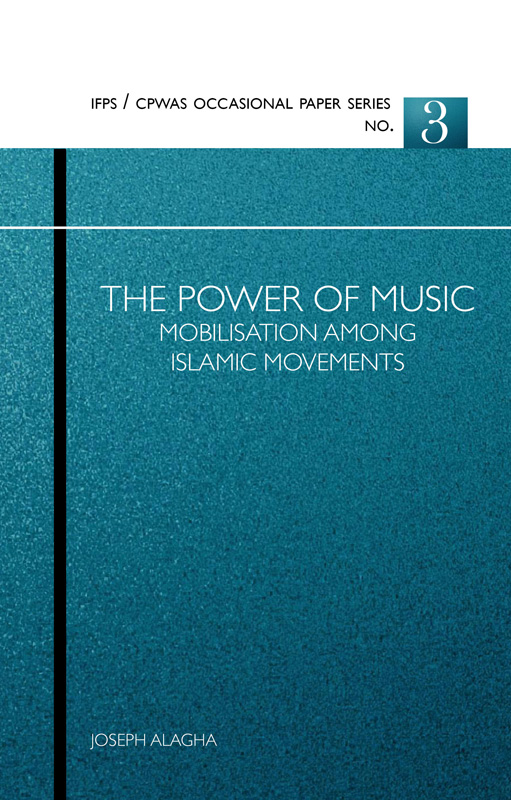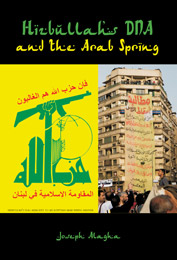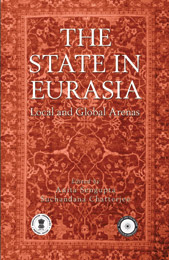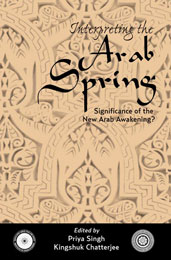Subjects
Occassional Paper 3 (CPWAS): The Power of Music: Mobilization among Islamic Movements
Joseph Alagha
This publication discusses the cultural politics of the Taliban and Hizbullah who are both infamous for their resilience and fighting spirit, rather than their artistic productions. While Hizbullah embraces ‘resistance art’ and encourages purposeful music and artistic expressions, the Taliban censured music and restricted cultural activities considering them innovations (bida‘), which distract from practicing ‘authentic Islam’ and true worship. To discuss the interplay between the ‘power of music’ and ‘music in power’, this study employs samples of anashid (songs, hymns, and anthems) of the Taliban and Hizbullah who, by way of different means, practice ‘music’ with a jihadist stance as an empowering mechanism. Unlike Hizbullah’s contextual argument that heeds to the context, circumstances, and setting, the Taliban’s views on music boil down to edicts and prohibitions in the absolute, which censure music, musicians, and musical instruments. Taking into consideration the religious sensibilities of its constituency and the jurisprudential safeguards, Hizbullah sanctions ‘fun’ or pious entertainment as well as leisure time and recreational activities as a required human necessity, which the party regards as conducive to motivating people to be industrious and productive while avoiding any engagement in vices and ‘corruption in the land’. Conversely, the Taliban enforce punitive measures in order to curtail the aforementioned artistic expressions and music practices that have to be shunned in all respects. In short, the Taliban consider these practices as evils that lead to man’s degeneration and the destruction of his moral fibre, thus, downgrading his aspiration to come closer to God.


 Political Science
Political Science



